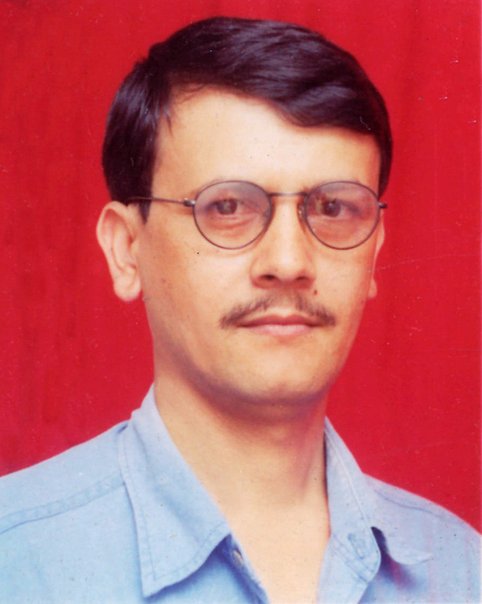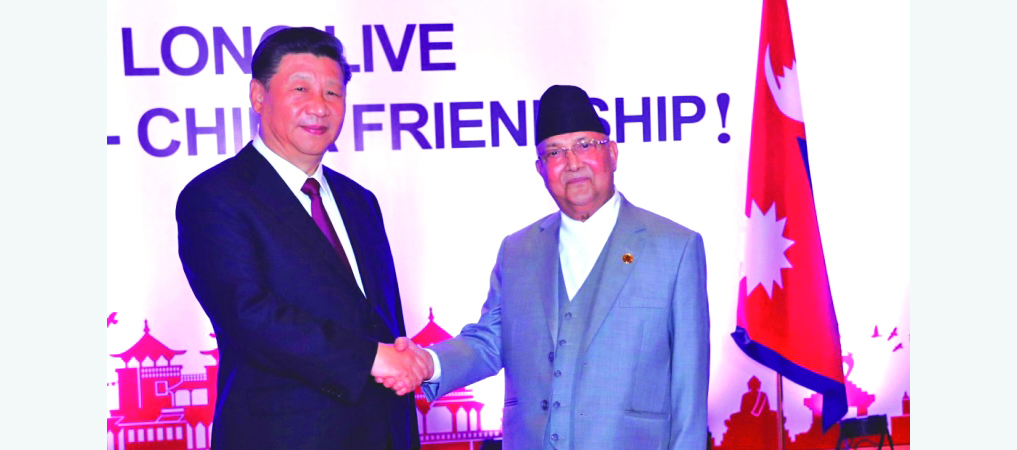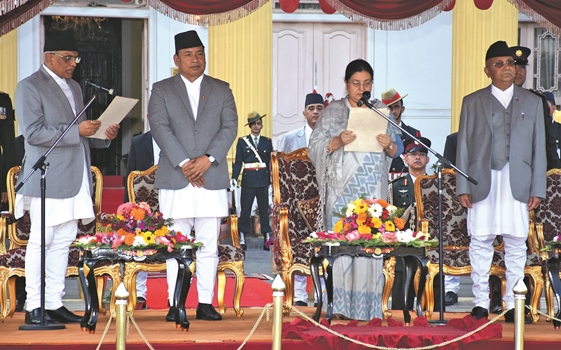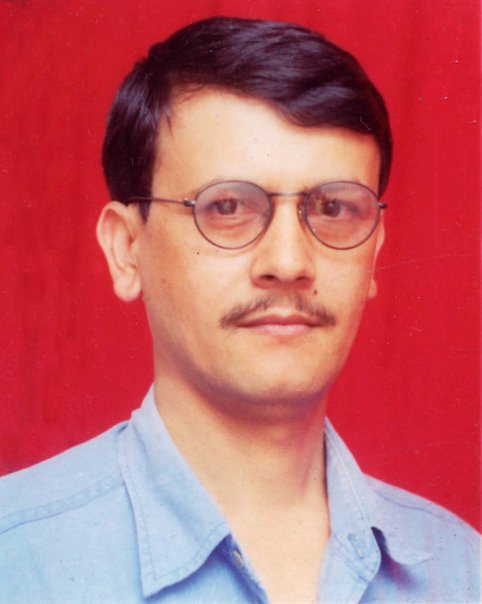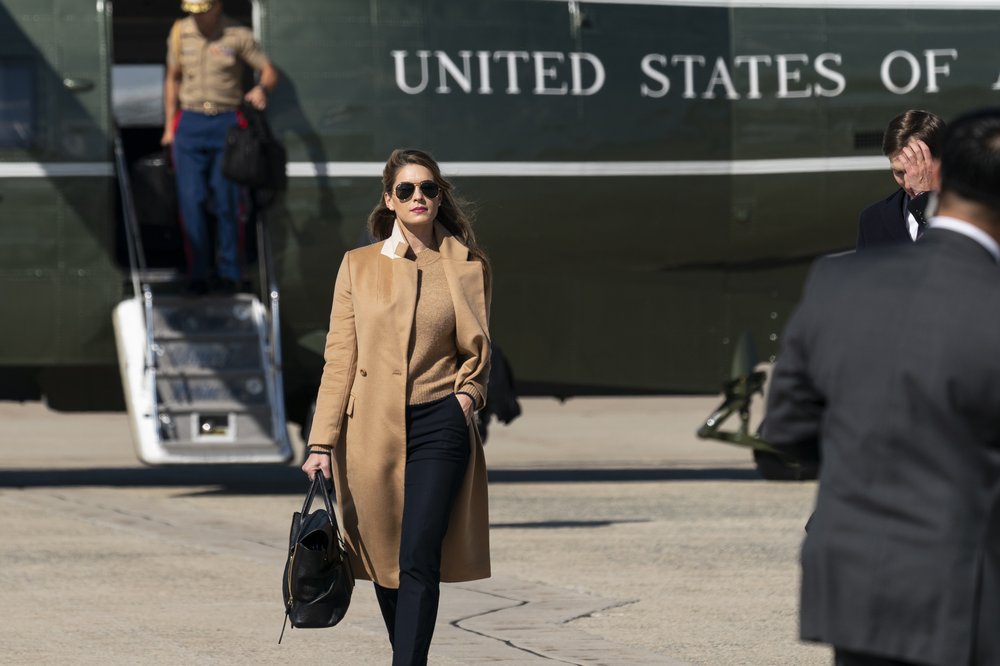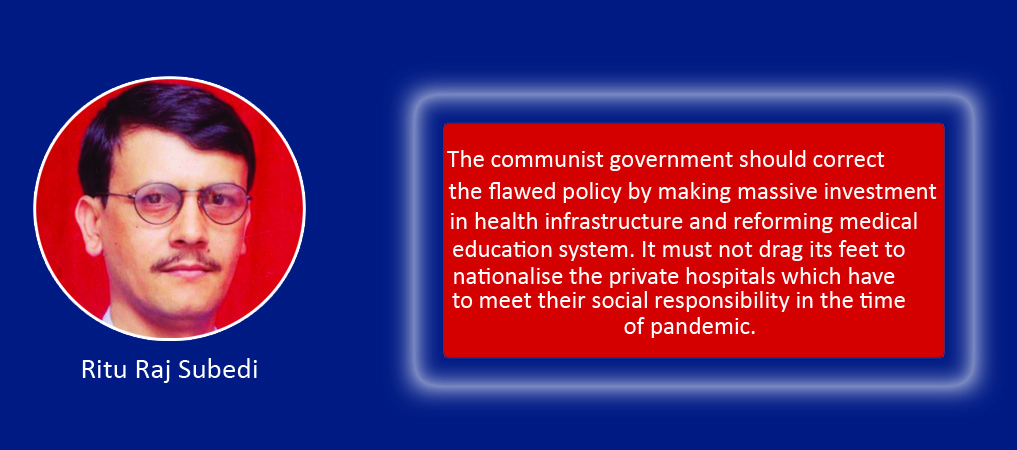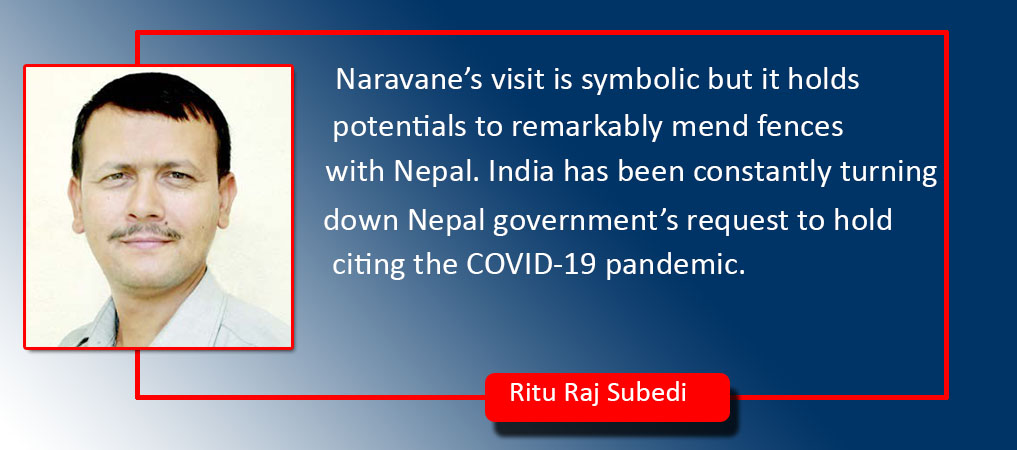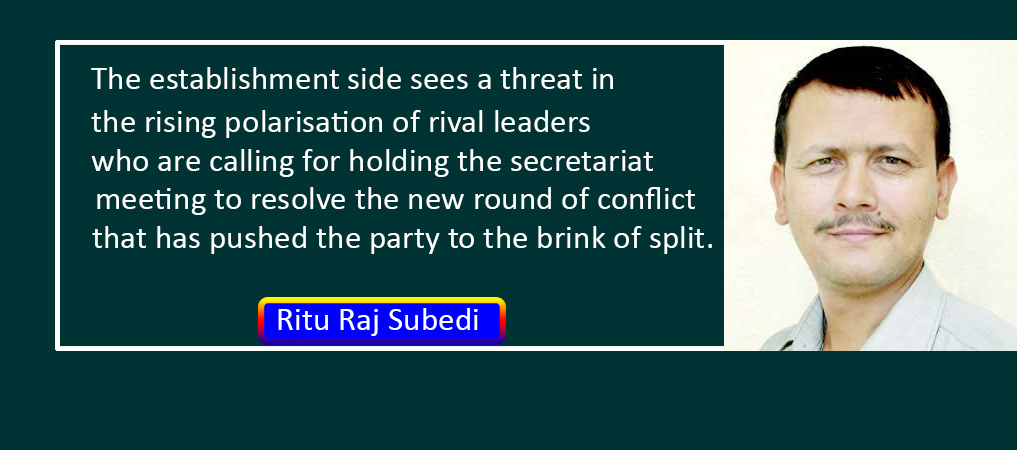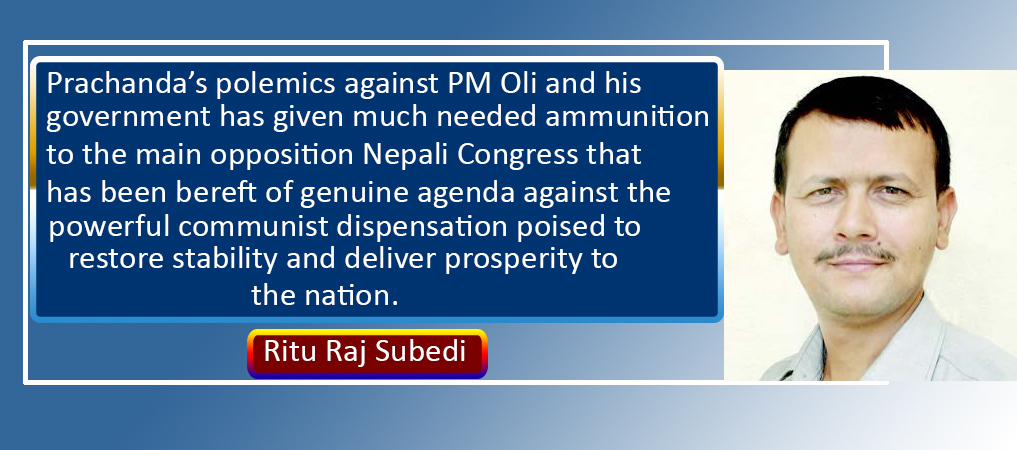Focus On Stability And Good Governance
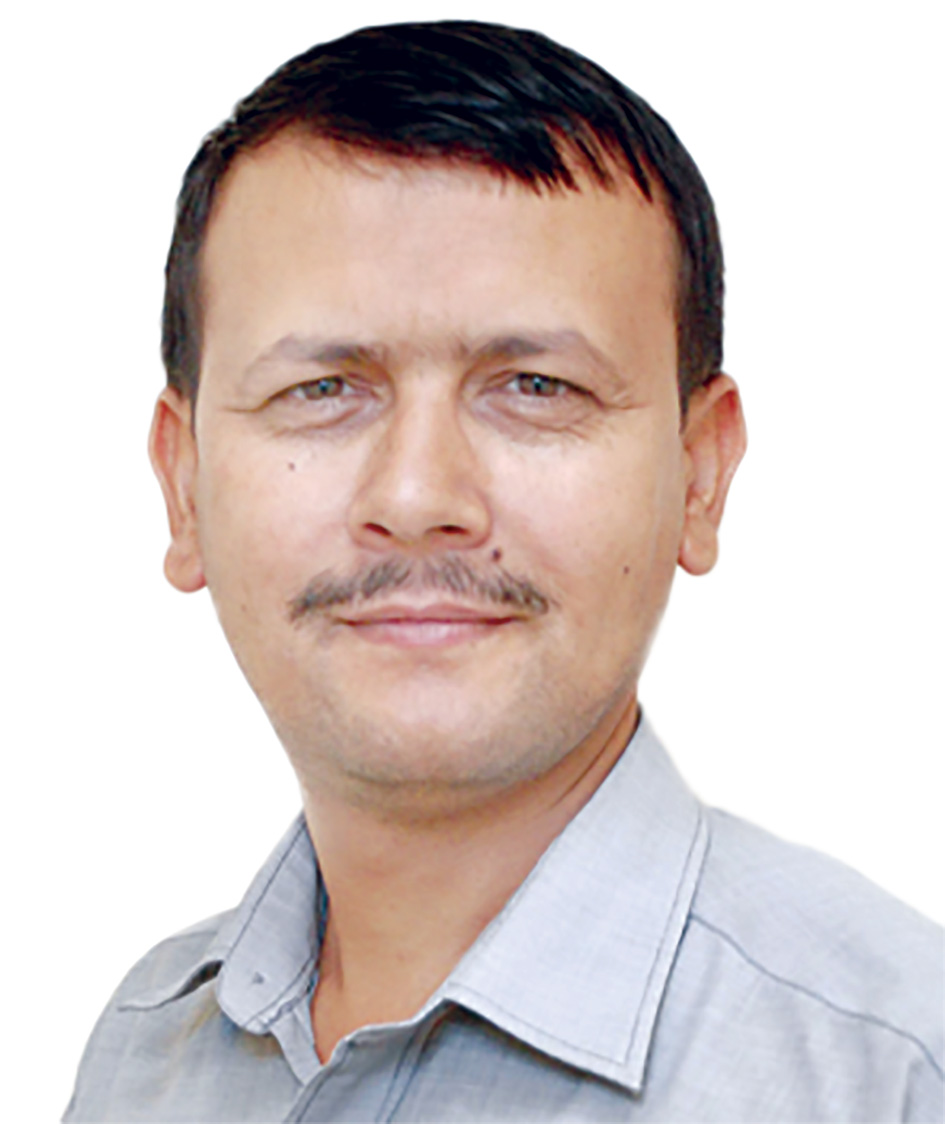
Ritu Raj Subedi
On July 13, Sher Bahadur Deuba, 75, was sworn in as new prime minister of Nepal as per Article 76 (5) of Constitution. One day earlier, a five-member Constitutional Bench of Supreme Court (SC) had issued a mandamus, ordering the Office of President to appoint main opposition Nepali Congress leader Deuba as the head of highest executive. It also dismissed the then PM KP Sharma Oli’s May 21 decision to dissolve the House of Representatives (HoR), terming it unconstitutional.
The SC’s landmark ruling came in response to 30 writ petitions, including the one registered by 146 lawmakers of the Lower House. They had demanded that the court issue mandamus to the President to appoint Deuba as the new prime minister. Deuba’s fifth innings as the PM also effectively ended Oli’s three-and-a-half-year-long tenure as prime minister.
The formation of Deuba government marked an important point of the country’s constitutional trajectory. It bears positive implications for the stability and development of the country.
Courageous Intervention
It was with the court’s courageous intervention that the constitution was brought back on track. When the executive veers off the course, the judiciary is required to step up to the plate to check the constitution’s derailment.
The separation of powers is cornerstone of democratic polity. Executive, legislature and judiciary should function within their own bounds. If any of them trespasses their jurisdiction, this will undermine the rule of law and cause imbalances among them, inviting anarchy, indiscipline and public resentment. When the state organs get paralysed, the citizens suffer and are deprived of goods and services provided by the government.
Even if the SC verdict paved the way for the appointment of Deuba as the new PM, he secured 165 votes in 275-member Lower House. This provides clear electoral mandate to the new dispensation, debunking the charge that paramadesh (mandamus) made him the PM. It is true that it took time to give a full shape to the Cabinet owing to some technical factors.
Now that the Cabinet has become full-fledged, it has the onus to deal with the burning issues concerning the public. It has completed 100 days in office, thanks to the understanding and patience of the coalition partners that are putting their best foot forward for the wellbeing of the people.
The five political parties – NC, CPN-Maoist Centre, CPN-Unified Socialist, Janata Samajabadi Party (JSP) and Rastriya Janamorcha – have backed Deuba to form the government. They had banded together against the authoritarian character of Oli and decided to sort out the political mess that engulfed the nation following the dissolution of HoR twice.
However, only four political parties, namely NC, Maoist Centre, Unified Socialist and JSP have joined the government. The political parties, civil society, media and the commoners were up in arms against the House dissolution as this went against the election mandate that the people gave to the then Left Alliance of CPN-UML and Maoist Centre for the stability and prosperity for all.
Electorates had put their trust in the Oli-led government that it would be able to deliver stability and good governance as promised in the poll manifesto. But those hopes were dashed when the parliament was dissolved. The Deuba government came into existence against this backdrop.
With the judicial verdict, the federal parliament was reinstated and the coalition government came into being. This amply brings to light the fact that framers of 2015 constitution were visionary and put provisions to avert the potential constitutional crisis arising from the political conflict and misadventures.
One of the cardinal features of the national charter is to ensure political stability in the country. For this, the federal parliament must be allowed to complete its full five-year term. Political instability has been the key factor behind the country’s economic plight and dysfunction of public institutions. Articles of Constitution that stand against the House dissolution aim to keep a tight rein on arbitrary politicians inclined to violate constitutional and parliamentary norms time and again.
During its 100 days in office, the Deuba government has fared well when it comes to ensuring the anti-COVID vaccines to the people. It has attached topmost priority to protecting the people from the pandemic. A large segment of population has been administered the life-saving jabs. As a result, the number of people infected with deadly virus has gone down significantly.
This has helped the people to return to new normal and resume the economic activities. Health is the fundamental right of the citizens and it is praiseworthy that the coalition government has taken a number of measures to fight COVID-19 that triggered health and economic crises simultaneously.
Instilling people’s confidence
The humongous task before the government is to ensure stability, order, early economic recovery and good governance. Public institutions, the base of democracy, needs to be strengthened. Focus should be on generating employment opportunity for the youth who have been forced to go abroad to make a living. It must instil people’s confidence in federal democratic republic that envisages building socialist economy for just and equitable distribution of resources, opportunities and national wealth.
Democracy flounders and fails when the elected officials betray the promise they make during the poll campaign. It has many virtues but they remain abstract until they are translated into reality. The political leadership must be sincere, self-less, patriotic and accountable to his/her action in order to bring transformative changes in the society.
It has been rightly said that constitution gives only a set of principles, norms and guidelines to run the affairs of state. But it does not pass on wisdom and democratic culture to the leaders entrusted to implement statute in letter and spirit.
Democracy needs true democrats to live up to the ideals envisioned by the constitution. The political leadership needs civic virtues and enlightenment so as to materialise the grand goals of the statute. It must be able to shed the personalised politics in favour of public welfare. The current leadership should embrace this truth and act accordingly.
(Deputy Executive Editor of The Rising Nepal, Subedi writes regularly on politics, foreign affairs and other contemporary issues. subedirituraj@yahoo.com)
Recent News

Do not make expressions casting dout on election: EC
14 Apr, 2022
CM Bhatta says may New Year 2079 BS inspire positive thinking
14 Apr, 2022
Three new cases, 44 recoveries in 24 hours
14 Apr, 2022
689 climbers of 84 teams so far acquire permits for climbing various peaks this spring season
14 Apr, 2022
How the rising cost of living crisis is impacting Nepal
14 Apr, 2022
US military confirms an interstellar meteor collided with Earth
14 Apr, 2022
Valneva Covid vaccine approved for use in UK
14 Apr, 2022
Chair Prachanda highlights need of unity among Maoist, Communist forces
14 Apr, 2022
Ranbir Kapoor and Alia Bhatt: Bollywood toasts star couple on wedding
14 Apr, 2022
President Bhandari confers decorations (Photo Feature)
14 Apr, 2022
